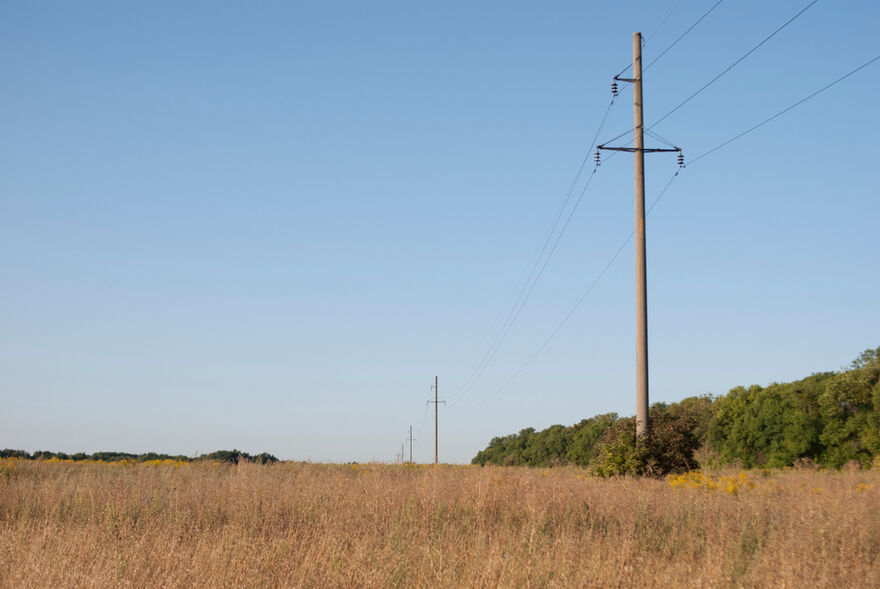Get in touch
To contact us, please fill out this form and we will get back in touch as soon as possible. Your personal data will be processed in accordance with our privacy policy which can be found here.

The ‘Vache Farm’ case in the Upper Tribunal Lands Chamber produced a ruling that has the potential to increase the level of rent rural landowners can expect when negotiating an agreement under the Electronic Communications Code (“the Code”).
The ruling in EE and H3G v AP Wireless II (UK) Limited (Vache Farm) recently looked at the level of rent that should be considered appropriate when deciding on the terms of a new agreement under the Code, and the factors to be taken into consideration. This puts down a benchmark to inform future tribunal decisions, and will also affect rents being negotiated in the open market.
In previous cases it had been determined that £750 was an appropriate rent for what the tribunal described as an “unexceptional rural site”. In Vache Farm the tribunal arrived at a figure of £1,750.
The low rents available for telecommunications sites under the Code are as a result of the ‘no-network assumption’ which has to be applied by the tribunal. The value of the site to the telecoms operator for use in providing its services must be disregarded. In the absence of this, various examples of alternative uses for small plots of rural land were put forward in the case, such as a meteorological station, a Cuadrilla borehole compound, and a noise monitoring compound. These alternative examples though were considered to be passive uses, in other words causing very little disruption when compared to use as a telecommunications site.
The tribunal was persuaded by the argument that while the no-network assumption must be applied, and it is to be assumed when assessing consideration under the Code that the landlord is ‘willing’, there must be a point at which the landlord simply would not entertain the letting because the rent does not justify the disruption to its use of its own land. The tribunal identified the more onerous burdens placed on the landlord when entering into a telecoms agreement as compared to the more passive uses:
All of these burdens are likely to apply to any rural telecoms site, but it is worth noting that in this particular case the land was subject to an option agreement, and therefore development was especially likely.
Taking these additional burdens into account the tribunal decided on a figure of £1,750. This will no doubt alter the starting point for agents negotiating on behalf of landowners from now on. This case has the potential to increase significantly the level of rent achieved by rural landowners under the Code, though it is still not anywhere near the values prior to the Code’s introduction in 2017.
If you have any questions relating to this article then you can contact the author Graham Jones [javascript protected email address].
The information on this site about legal matters is provided as a general guide only. Although we try to ensure that all of the information on this site is accurate and up to date, this cannot be guaranteed. The information on this site should not be relied upon or construed as constituting legal advice and Howes Percival LLP disclaims liability in relation to its use. You should seek appropriate legal advice before taking or refraining from taking any action.
To contact us, please fill out this form and we will get back in touch as soon as possible. Your personal data will be processed in accordance with our privacy policy which can be found here.